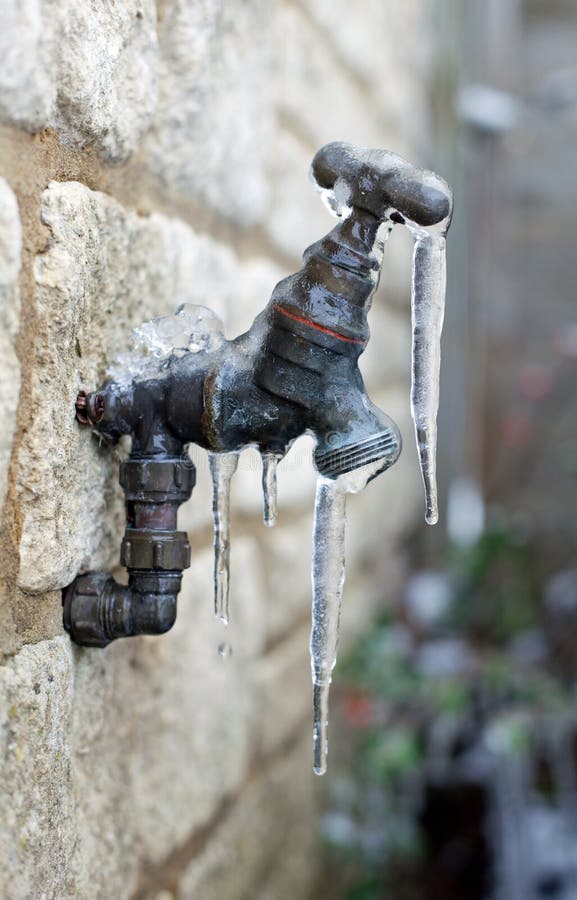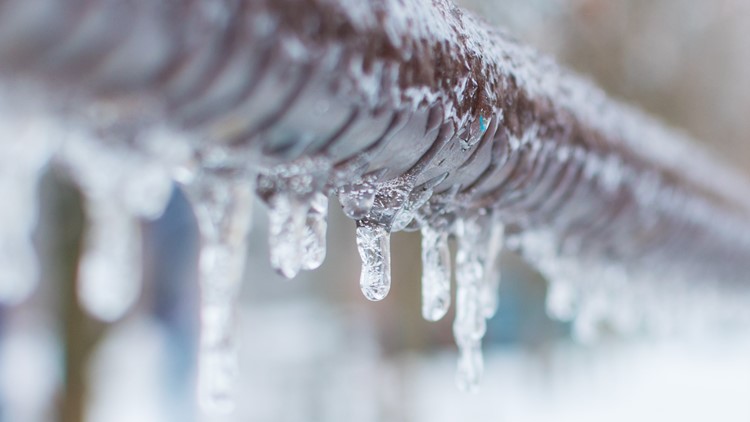Important Advice to Avoid Frozen Plumbing in Winter: Expert Guidance
Important Advice to Avoid Frozen Plumbing in Winter: Expert Guidance
Blog Article
How do you really feel in relation to How to Prevent Your Pipes From Freezing?

Cold weather can wreak havoc on your plumbing, especially by freezing pipes. Here's just how to stop it from taking place and what to do if it does.
Intro
As temperatures drop, the threat of frozen pipelines boosts, potentially bring about pricey repair work and water damages. Recognizing how to avoid frozen pipes is important for homeowners in cool environments.
Prevention Tips
Shielding susceptible pipelines
Cover pipes in insulation sleeves or utilize heat tape to protect them from freezing temperatures. Concentrate on pipelines in unheated or outside locations of the home.
Heating methods
Keep interior spaces adequately heated up, especially locations with pipes. Open up closet doors to permit cozy air to distribute around pipelines under sinks.
How to identify frozen pipelines
Search for reduced water circulation from taps, unusual odors or sounds from pipes, and noticeable frost on revealed pipes.
Long-Term Solutions
Architectural adjustments
Consider rerouting pipes away from outside wall surfaces or unheated locations. Add extra insulation to attic rooms, basements, and crawl spaces.
Upgrading insulation
Purchase high-quality insulation for pipes, attics, and walls. Proper insulation aids preserve constant temperature levels and minimizes the risk of icy pipelines.
Securing Outdoor Pipes
Garden tubes and outside taps
Separate and drain yard pipes before wintertime. Mount frost-proof spigots or cover exterior faucets with insulated caps.
Understanding Icy Pipes
What causes pipes to ice up?
Pipes freeze when exposed to temperature levels below 32 ° F (0 ° C) for prolonged periods. As water inside the pipes ices up, it expands, putting pressure on the pipeline wall surfaces and potentially creating them to break.
Threats and problems
Icy pipes can lead to water supply disturbances, building damages, and pricey repair services. Ruptured pipes can flooding homes and cause comprehensive structural damage.
Indications of Frozen Pipeline
Determining frozen pipes early can prevent them from rupturing.
What to Do If Your Pipelines Freeze
Immediate activities to take
If you believe icy pipes, maintain taps available to eliminate pressure as the ice melts. Use a hairdryer or towels taken in warm water to thaw pipelines gradually.
Conclusion
Avoiding frozen pipelines needs aggressive actions and quick feedbacks. By comprehending the causes, signs, and safety nets, house owners can protect their pipes throughout cold weather.
5 Ways to Prevent Frozen Pipes
Drain Outdoor Faucets and Disconnect Hoses
First, close the shut-off valve that controls the flow of water in the pipe to your outdoor faucet. Then, head outside to disconnect and drain your hose and open the outdoor faucet to allow the water to completely drain out of the line. Turn off the faucet when done. Finally, head back to the shut-off valve and drain the remaining water inside the pipe into a bucket or container. Additionally, if you have a home irrigation system, you should consider hiring an expert to clear the system of water each year.
Insulate Pipes
One of the best and most cost-effective methods for preventing frozen water pipes is to wrap your pipes with insulation. This is especially important for areas in your home that aren’t exposed to heat, such as an attic. We suggest using foam sleeves, which can typically be found at your local hardware store.
Keep Heat Running at 65
Your pipes are located inside your walls, and the temperature there is much colder than the rest of the house. To prevent your pipes from freezing, The Insurance Information Institute suggests that you keep your home heated to at least 65 degrees, even when traveling. You may want to invest in smart devices that can keep an eye on the temperature in your home while you’re away.
Leave Water Dripping
Moving water — even a small trickle — can prevent ice from forming inside your pipes. When freezing temps are imminent, start a drip of water from all faucets that serve exposed pipes. Leaving a few faucets running will also help relieve pressure inside the pipes and help prevent a rupture if the water inside freezes.
Open Cupboard Doors
Warm your kitchen and bathroom pipes by opening cupboards and vanities. You should also leave your interior doors ajar to help warm air circulate evenly throughout your home.

We are very occupied with How To Avoid Freezing Pipes and I hope you liked our post. Sharing is nice. You just don't know, you may just be helping someone out. Kudos for your time. Kindly check our website back soon.
Go Deal Now Report this page